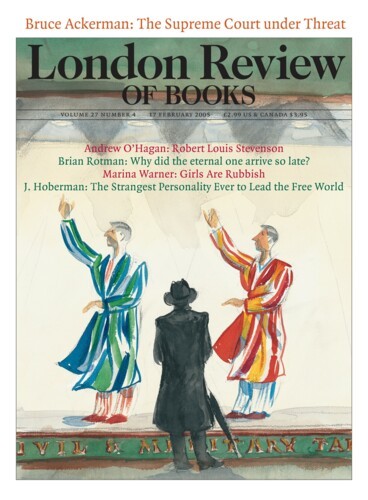Up until the late Fifties, Mikhail Bakhtin was completely unknown in his own country. Then a group of graduate students at the Gorky Institute of World Literature, who had come across the first version of his book on Dostoevsky (1929) and wondered about his fate, discovered to their astonishment that he was still alive and teaching at an obscure institute in the Russian provinces. They went on a pilgrimage (the word is apt) to pay him a visit, urged him to reissue his Dostoevsky study, and rescued from oblivion a thesis he had written on Rabelais that was mouldering in the files of the Gorky Institute. It was the translation of these two books into Western languages (the Dostoevsky in a very much expanded version) that launched Bakhtin’s astonishing career on the world cultural scene. Very soon his work introduced a new vocabulary into the study of literature, especially of the novel, and resulted in a much more positive evaluation of the importance of popular culture, particularly in its orgiastic and carnivalesque manifestations.
Up until the late Fifties, Mikhail Bakhtin was completely unknown in his own country. Then a group of graduate students at the Gorky Institute of World Literature, who had come across the first...




